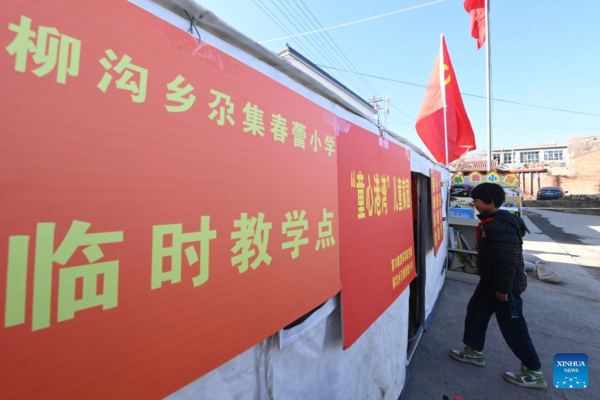All four of the Southeastern Conference’s top 10 teams in last season’s final AP Top 25 return established starting quarterbacks.
Beyond that top group, there is plenty of competition and new starters, either via the transfer portal or with backups moving into the top job.
At least seven SEC teams figure to have new starting quarterbacks going into next season. It just so happens that none of them include the teams ranked between fourth and ninth to end last season: Georgia, Alabama, Missouri and Mississippi (those numbers don’t count Oklahoma and Texas, who join the SEC on July 1).
The Crimson Tide no longer have Nick Saban prowling the sidelines, but they do have Jalen Milroe leading the offense. Milroe rebounded from a shaky early season to lead Alabama to the Southeastern Conference championship and into the College Football Playoff.


 Related articles
Related articles




 Wonderful introduction
Wonderful introduction




 Popular information
Popular information